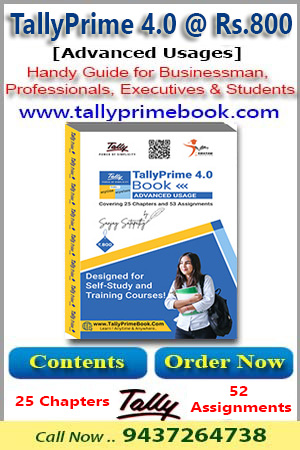No person can trade with himself and make an assessable profit. If different persons combine themselves into a distinct and separate legal entity for the purpose of rendering services to themselves, the resulting surplus is not assessable to tax, if the surplus is to be refunded to the members.
It is a settled principle that excess of income over expenditure accruing to a mutual association is not income and, consequently, it is not liable to tax. The principle is based upon the fact that in the case of surplus, the contributors are to receive back a part of their own contributions.
The aforesaid rule is not applicable in the following two cases —
-
where the mutual concern is a mutual insurance society and the income is derived from the carrying on of any business of insurance [sec. 2(24)(vii)]; or
-
where the mutual concern is a trade, professional or similar association and the income is derived from specific services performed for its members. [sec. 28(iii)].
Except in the two cases given above, any surplus of a mutual concern is not chargeable to tax.
Tax implication of section 44A -
To understand the implications of section 44A, one should note that if a loss arises from a business whose income is taxable, it can be set off against taxable income. Where income from a particular source is not chargeable to tax, a loss from such source cannot be set off against income chargeable to tax. To this general provision, an exception is provided by section 44A.
Under section 44A, the amount of any deficiency in the case of a trade or professional association is allowed as deduction from the assessable income of the association to the extent of 50 % of the assessable income of the association.
If there is no income under that head or the deficiency exceeds such income, then the whole or balance of the deficiency can be set off against the income under any other head. However, the deficiency deductible should not 50% of the total income of the association. |





